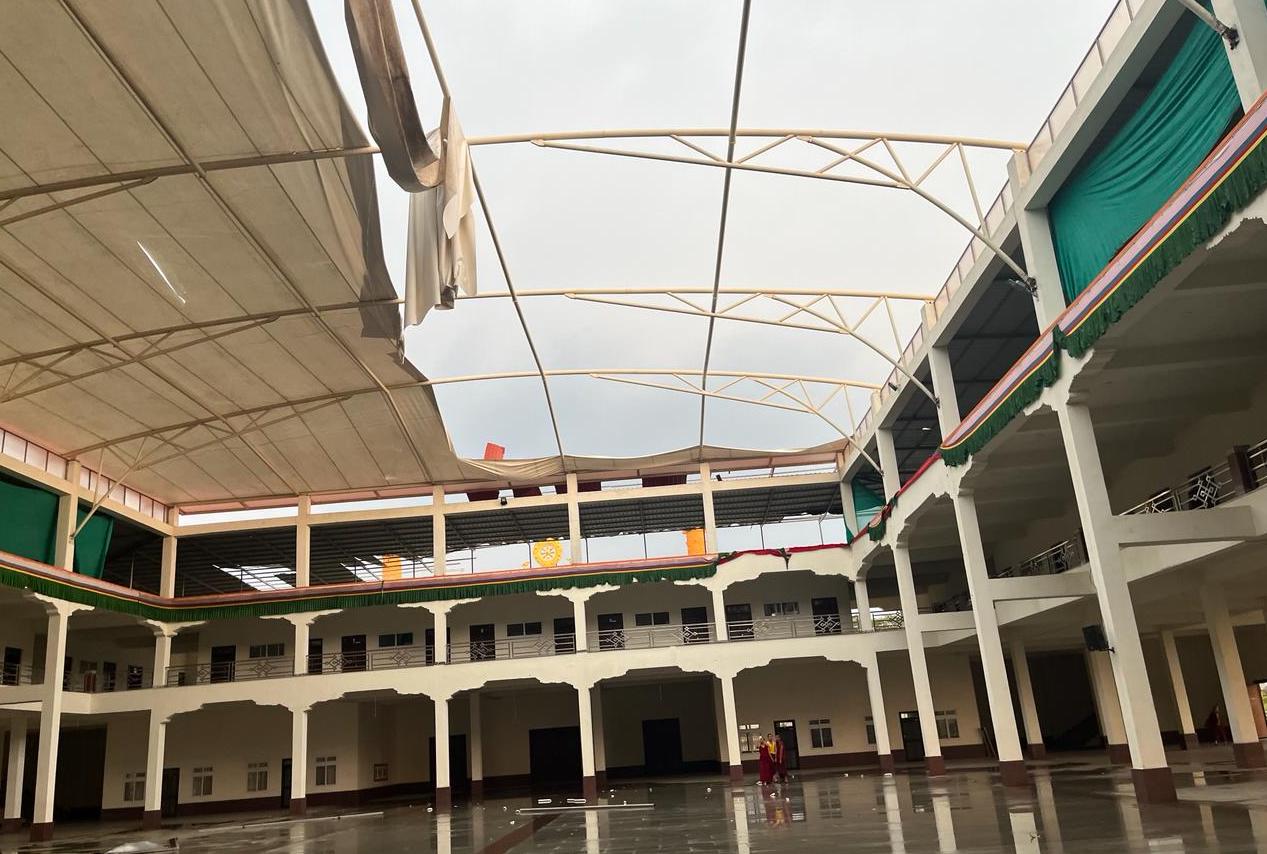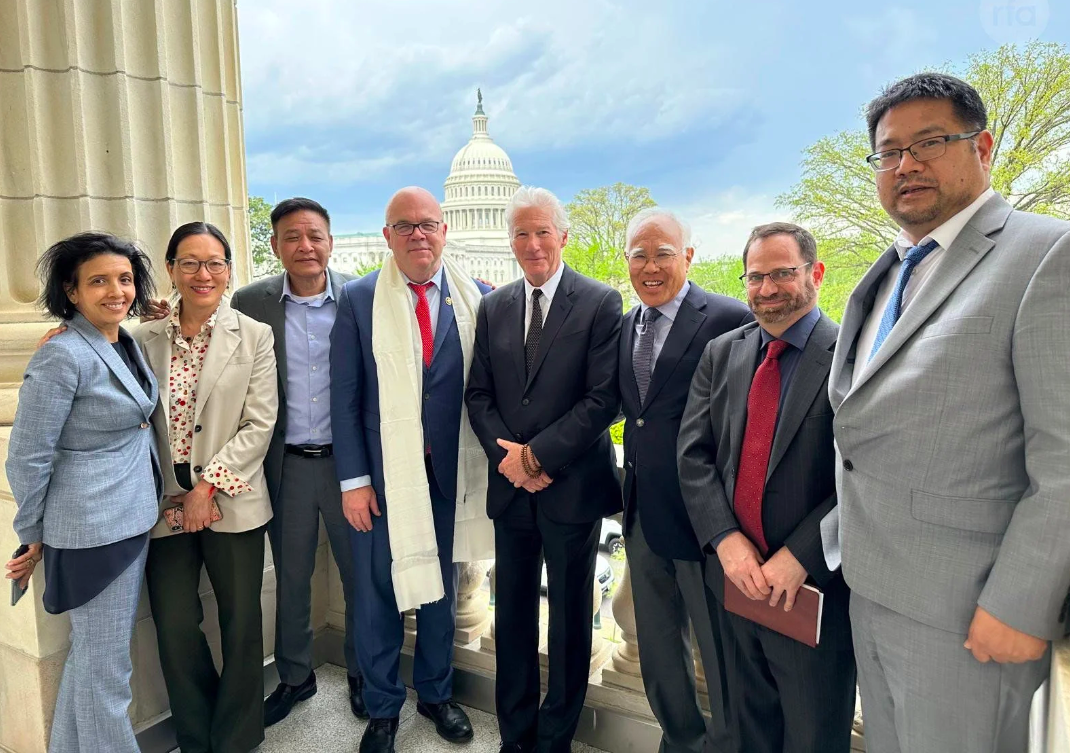DHARAMSHALA, APRIL 26: Four Tibetans have been arrested in Tibet’s Palyul County in the traditional Tibetan province of Kham following refusal by Tibetans to sell land to a Chinese mining company, a Tibetan exile with contacts in the region said.
Thupgah, Gadey, Kyamo and Jamyang, all from Barchung village in Tromthar Township, were arrested on April 21, the source said.
The same source further said that the reason for their arrest was a refusal by Tibetans to sell a piece of land called Shawathang pursued for over seven years by the Chinese mining firm.
“This issue dates back to 2007 when the Chinese mining firm expressed its desire for this land which the Tibetans refused to sell,” he said.
The police intimidation had led to several local Tibetans fleeing into the woods to avoid arrests, he said adding that the four arrested men had led recent protests by Tibetans against the administration in February.
Thupga and Kyamo were arrested at a place called Dhoko, while Gadey was arrested at his home and Jamyang was arrested at Gartsang mining site. Another Tibetan named Golhoe was beaten up “severely” on the night of April 22.
Several incidents of Chinese crackdown on protests by Tibetans against mining operations in various parts of Tibet have been reported over the years. Over 4,500 Tibetans gathered near Naglha Zamba, a sacred hill rich in mineral resources to protest against its exploitation by Chinese miners in May last year.
Chinese security personnel fired tear gas and live rounds on protesters at a mining site in Markham in 2012, leading to the death of the Tibetan male identified as Nyima and the arrest of six others.
According to China’s official statistics, the Tibetan plateau has China’s largest chromium and copper reserves with most of its rich iron, gold, silver, potassium, oil, and natural gas reserves unexploited.
Tibetans have long argued that China’s grand projects in Tibet are planned and implemented without consultation, consent, and knowledge of the local Tibetans.









